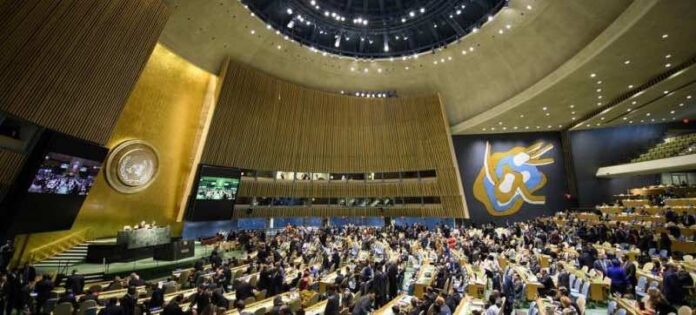On Tuesday, delegates from Morocco and Algeria clashed at the UN over the future of the Western Sahara, with Algiers urging the renewal of a long-stalled vote on the future of the former Spanish territory.
Algerian Ambassador Amar Bendjama declared, “We Algerians have chosen the camp of justice, decolonization, independence, self-determination, and human rights.
“This pledge pertains to the cause of the Sahrawi people, who have been waiting for the UN to treat them fairly for almost fifty years,” the statement reads.
Considered by the United Nations to be a “non-self-governing territory,” 80 percent of Western Sahara is controlled by Morocco, which envisions autonomy for the region, though with it ultimately remaining under Rabat’s control.
Algeria meanwhile has long supported the Polisario Front, an independence movement led by the region’s Indigenous Sahrawi population.
A UN mission has been deployed in Western Sahara since 1991, tasked with organizing a referendum on the territory’s future.
The referendum has never taken place, and in late 2020 the Polisario announced it was resuming fighting after a long cease-fire.
“If the Moroccan occupation of Western Sahara had really turned it into a paradise, with or without the granting of autonomy, why is this referendum being prevented?” Bendjama said, while also conveying his country’s condolences to Morocco, in the wake of the country’s deadly earthquake earlier this month.
“You can’t shed crocodile tears and at the same time attack a country that is still living through a tragedy,” Moroccan Ambassador Omar Hilale shot back.
Hilale also reiterated Rabat’s stance on Western Sahara, calling for the respect of “Morocco’s national sovereignty and territorial integrity.”
“Morocco is in (the) Sahara and will remain so until the end of time,” he said.
Emboldened by US recognition of Morocco’s claims over Western Sahara in 2020, in return for Rabat’s rapprochement with Israel, the kingdom has since deployed increasingly offensive diplomacy to rally other countries around its position.





